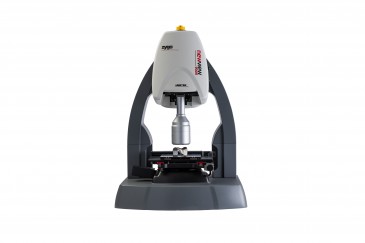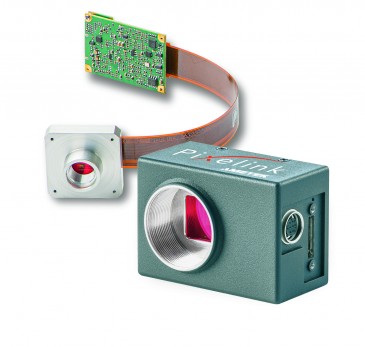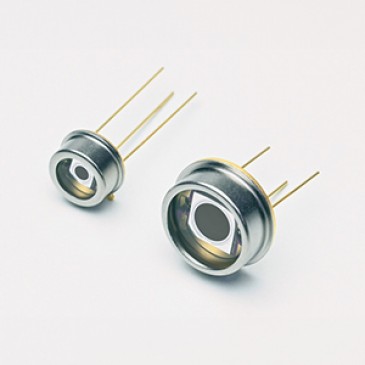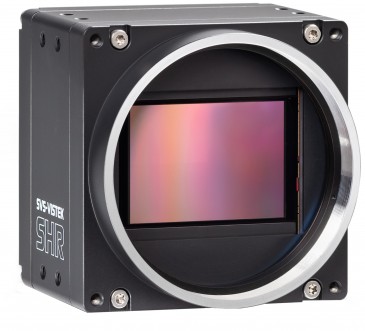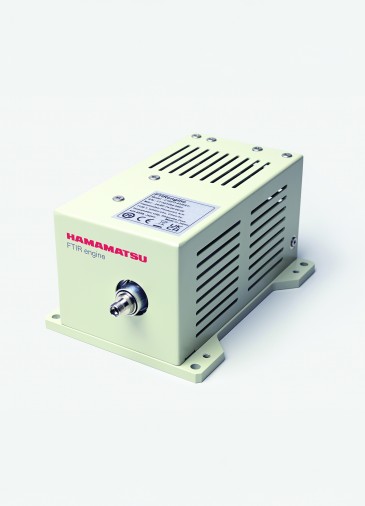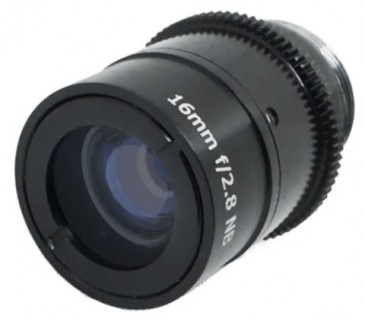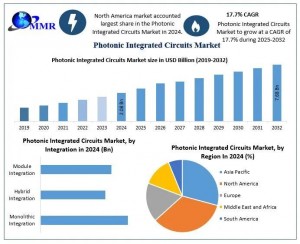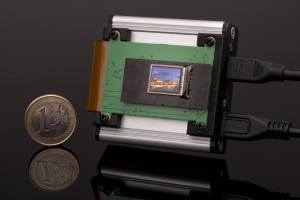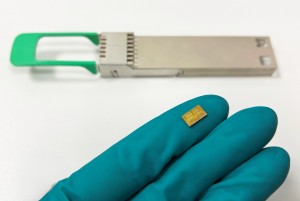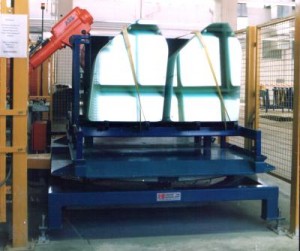
The handling of thin and ultra-thin glass between individual production steps is a real challenge. Alongside profitability, safety also plays a decisive role in a successful manufacturing process. Sensitive handling technology enables even the thinnest glass panes to be moved safely without any damage.
Torgauer Maschinenbau GmbH is working on a robot solution that allows glass panes measuring up to 1,500 x 1,000 mm and with a thickness of 0.1 to 1.1 mm to be changed over in cycle times of three to eight seconds. The greatest challenges are the fragility of thin panes and avoiding any damage to the surfaces and edges. The company’s expertise becomes evident both in the entire movement sequence and in the material combination of the individual components, which enable the panes to be handled gently and without any scratches. According to the manufacturer, the system itself prevents contamination. To guarantee process reliability in the long term, the entire system must be designed such that it remains free from contamination. No staff need to enter the immediate vicinity of the machine due to the system’s high degree of horizontal and vertical connectivity.
Glamaco GmbH from Coswig is also involved in the handling of thin and curved glass, i.e., for automotive engineering. This market offers tremendous growth opportunities in the field of chemically hardened glass (aluminosilicate glasses).
Glass thicknesses of approx. 0.5 - 1.5 mm are used for the vehicle interior, while glasses with thicknesses of 0.5 - 1.2 mm and dimensions of up to 1,850 x 1,250 mm are deployed for the exterior. Here, too, the rule of thumb is: the thinner the glass, the lower the rigidity of the panes. Therefore, the number and arrangement of gripper points on the transport frame are among the most important criteria for the secure and deformation-free transport of the glass panes.
In particular, setting down the panes is a critical process step, as the sensitivity of the edges plays a key role. The smart use of materials and optimum movement control significantly reduce the risk of damaging the glass panes.
The requirements placed on the materials and material combinations used become more demanding still when, alongside mechanical loads, thermal or chemical stresses also come into play. This is the case when hardening aluminosilicate glasses, for instance. In collaboration with JSJ Jodeit GmbH, Glamaco GmbH has developed a solution for these, too, which increases process reliability before, during and after chemical hardening. Visitors toglasstec can find out more at the trade fair stand.
VDMA highlights at the trade fair
The major focuses at Glasstec 2018 will be Industrie 4.0, thin glass, façades and smart glass, as well as skilled crafts and interiors. Numerous VDMA member companies have registered as exhibitors. Take the opportunity to visit the “function meets glass” technology conference in CCD Ost from Monday, 22 October 2018. Functional glasses and their applications, cutting techniques for complex surfaces and new coatings will take centre stage at the conference.
On Wednesday, 24 October 2018, the “Technology by VDMA” symposium will be all about networked production and new technologies. The symposium will illustrate the complete production chain for flat and hollow glass and will take place in the new conference area in Hall 10, Room 3.





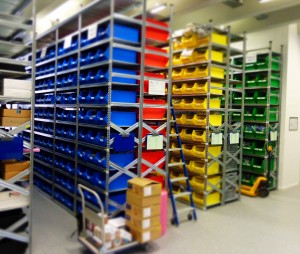


















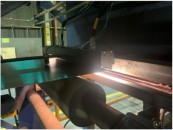






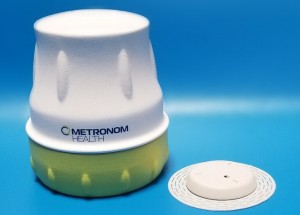
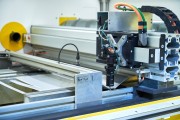






 Back to News
Back to News

